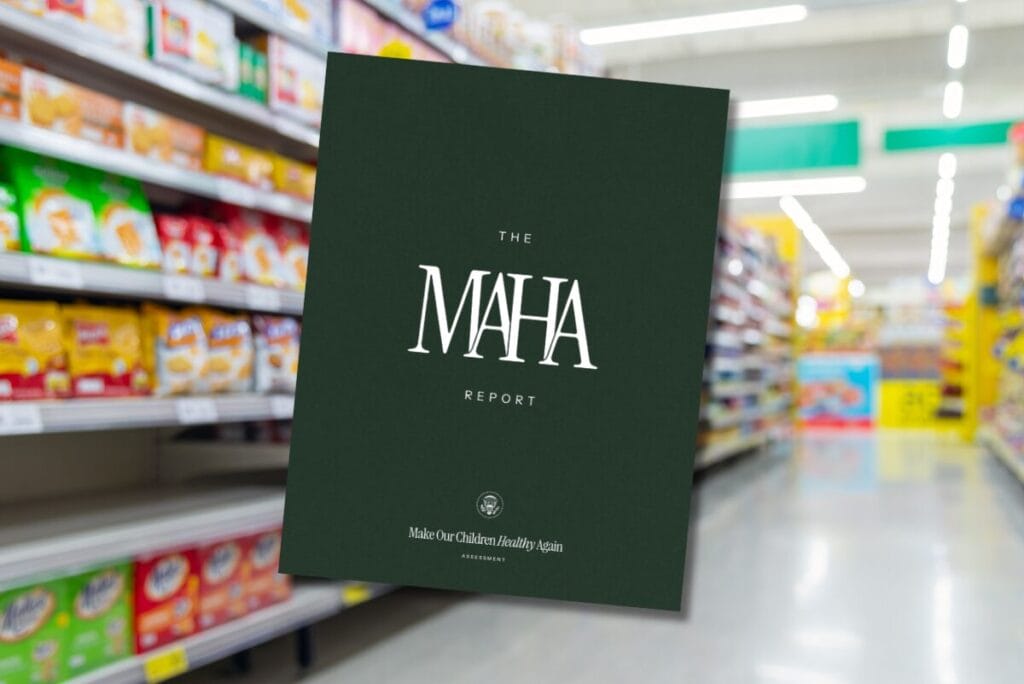WASHINGTON, DC — The Trump administration’s Make America Healthy Again (MAHA) Commission, chaired by Health and Human Services Secretary Robert F. Kennedy Jr., released its “Make Our Children Healthy Again Assessment,” which outlines potential drivers for chronic childhood disease in the US.
One of the four drivers identified in the report is “The Shift to Ultra Processed Foods,” which accounts for 15 of the report’s 73 pages.
Among the findings, the report makes various claims related to ultra-processed foods (UPFs) and their role in American diets, particularly for children.
The assessment refers to research associating UPFs with negative health outcomes, including nutrition depletion, increased caloric intake and inclusion of food additives.







